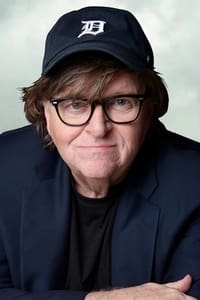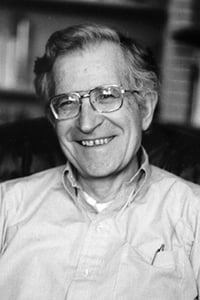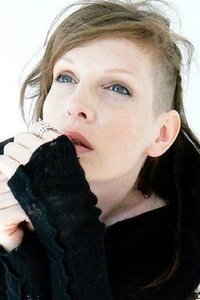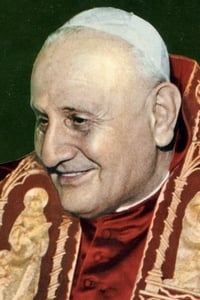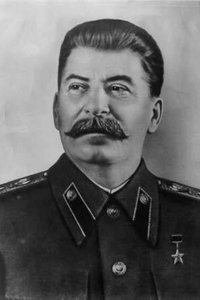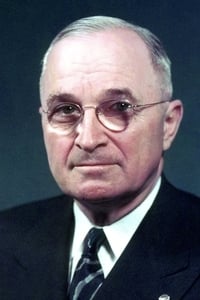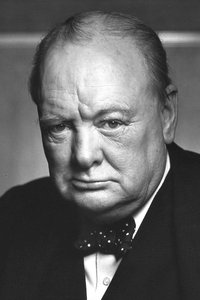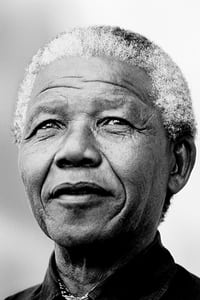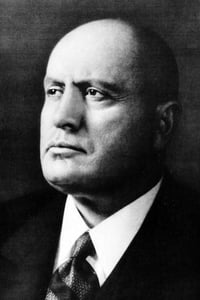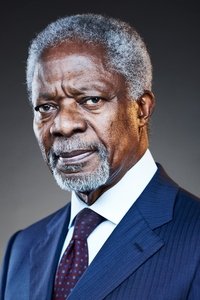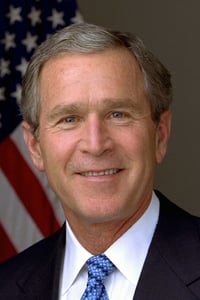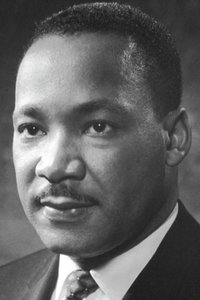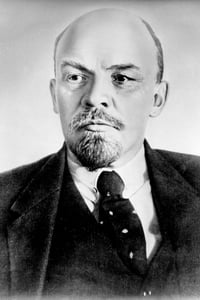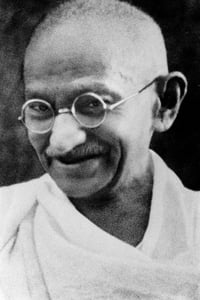The Corporation
The corporation as psychopath...
Genres
Documentary
OverView
Since the late 18th century American legal decision that the business corporation organizational model is legally a person, it has become a dominant economic, political and social force around the globe. This film takes an in-depth psychological examination of the organization model through various case studies. What the study illustrates is that in the its behaviour, this type of "person" typically acts like a dangerously destructive psychopath without conscience. Furthermore, we see the profound threat this psychopath has for our world and our future, but also how the people with courage, intelligence and determination can do to stop it.
Others
Budget
$--
Revenue
$4500000
Status
Released
Original Language
English
Runtime
145 mins
Rating
7.621/10
Release Date
10 September 2003
Country
Canada



